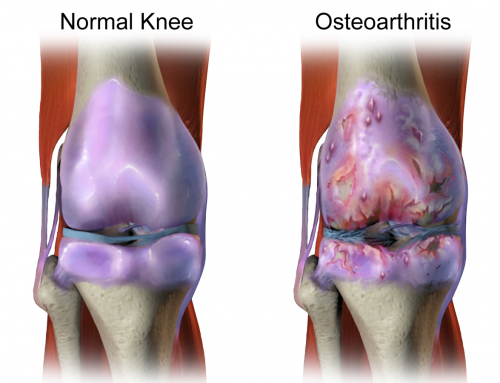Polyunsaturated fatty acids (PUFAs), like soy, corn, safflower, cottonseed, canola, and vegetable oils are virtually impossible to remove from our diets, but nevertheless are bad for your health. Why? PUFAs undergo oxidation under the conditions of the human body and are a source of tissue-damaging free radicals which promote inflammation. This then contributes to aging, atherosclerosis and cancer. These oils become even more harmful when they are heated to high temperatures for processing and frying (like you find in many fast and processed foods).
These oils also become rancid pretty quickly and increase the body’s need for vitamin E and other antioxidants. Consuming too much polyunsaturated oil can damage reproductive organs and the lungs, both of which are common sites for cancer in the United States.
One study found that women who consumed mostly vegetable oils had more wrinkles than those who ate more traditional animal fats. This is probably because PUFAs are structurally “floppy” and do not provide the cells with any physical resiliency. It has also been found that polyunsaturated oils essentially turn to varnish in the intestines, which is dangerous to your health.
When large amounts of PUFAs are consumed, they:
- Poison the mitochondria (where you body makes energy).
- Cause liver toxicity.
- Compromise the immune system.
- Depress the mental and physical growth of infants.
- Increase the levels of uric acid in the blood.
- Have been linked to mental decline and chromosomal damage.
- Accelerate aging.
- Inhibit the thyroid and slow metabolism.
- Are associated with increasing rates of cancer, heart disease and weight gain.
How to Decrease the Bad and Increase the Good Fats
So if polyunsaturated fats are bad for your health, what can you do? One of the best ways to avoid the health risks associated with these foods is to use healthy substitutions for them when you cook.
A study done in 1994 revealed that almost three fourths of the fat in artery clogs is unsaturated, or vegetable oils. Instead of eating these kinds of oils, try using healthier options as you prepare meals.
For Cooking – What are good fats to substitute?
When you cook, use ingredients like butter, tallow and suet from beef and lamb (grass fed only). Other good options include chicken, goose and duck fat (free range only). Coconut, palm and palm kernel oils and extra virgin olive oil are also good choices.
For Salads – What are healthy fats?
Try extra virgin olive oil or expeller-expressed sesame, peanut or flax oil for some added flavor on salads.
For Fat-Soluble Vitamins
Fish liver oils like cod liver oil are healthy sources of fat-soluble vitamins.





Leave A Comment